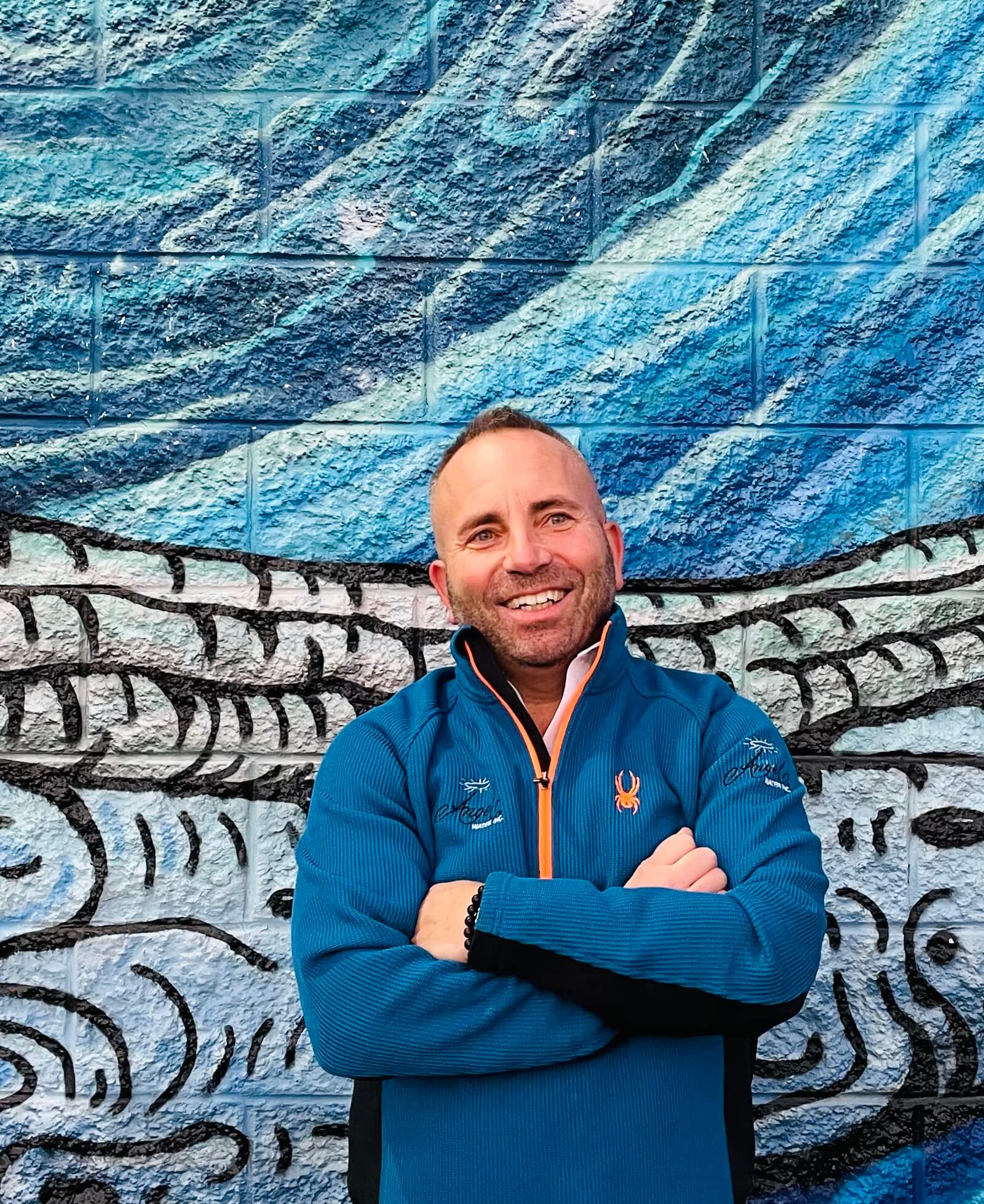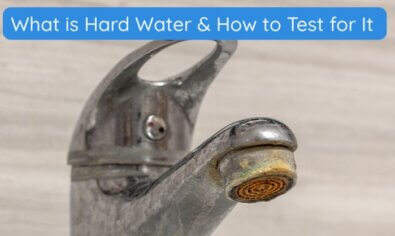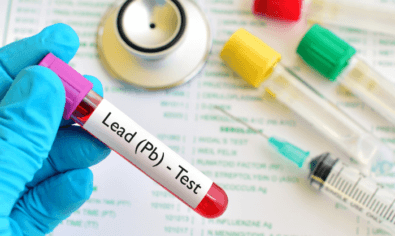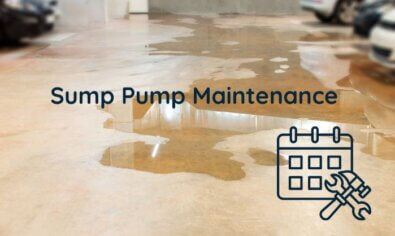The True Cost of Bottled Water Revealed
This article dives into these key insights for today’s health-conscious homeowners:
- Why the true cost of bottled water is higher than you think
- The many benefits of reverse osmosis and whole home water filtration systems
- How Angel Water can help you save money while ensuring your family has unlimited access to clean, pure, delicious water
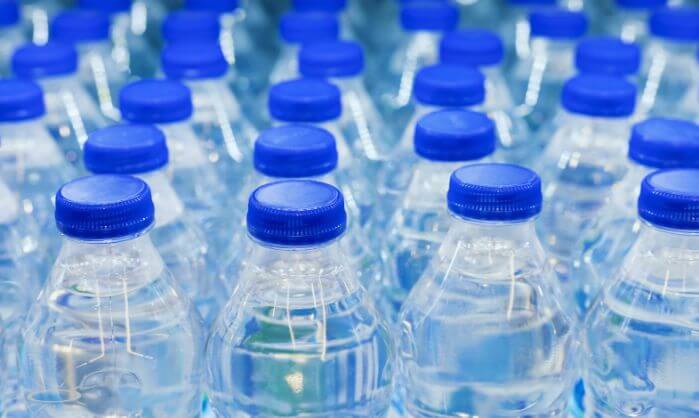
- Why the true cost of bottled water is higher than you think
- The many benefits of reverse osmosis and whole home water filtration systems
- How Angel Water can help you save money while ensuring your family has unlimited access to clean, pure, delicious water
According to Angel Water CEO and international clean water advocate Andrew Wilson, consuming clean, pure water is the most important element of enjoying lifelong wellness.
And since Americans love convenience, it’s often easier to just buy it prepackaged with pictures of glaciers or pristine mountain vistas rather than deal with metallic-tasting and weird-smelling unfiltered tap water at home.
Grabbing a water from the store, gym, or office has become a ubiquitous part of our daily lives, but the unsavory financial, environmental, and health implications of this industry are often overlooked.
Let’s take a closer look into the true cost of bottled water, how inflated bottled water prices impact your wallet and the world, and why investing in a reverse osmosis system or whole house water filter is a much smarter and more sustainable choice.
Why People Choose Bottled Water (and Why They Shouldn’t)
Most homeowners assume their tap water is relatively safe — but if it’s not, there’s always bottled water. Right?
Your home’s municipal water supply could be contaminated with germs, biological contaminants, chemicals, carcinogens, or toxic metals from a variety of sources, such as:
- Outdated, corroding pipes or supply lines made of lead
- Fertilizers and pesticides
- Nearby manufacturing or large-scale factory farming
- Industrial waste
- Stormwater intrusion
- Leaks from underground landfills or chemical storage facilities
- Damaged infrastructure from a natural disaster
That’s why it’s crucial to perform regular testing and take immediate action to remove these contaminants from the water your family uses daily. Inadequate chlorination and filtration resulted in over 400,000 Milwaukee residents falling ill due to the presence of cryptosporidium parasites in the municipal system.
When faced with poor-quality tap water, it’s no wonder many think putting up with the burdensome cost of bottled water is safer overall, especially if there are children or elderly relatives in your household. However, studies show that bottled water is often simply filtered tap water, sometimes with substantially lower quality standards than municipal water supplies.
The US Food and Drug Administration (FDA) regulates the water bottling industry, while the Environmental Protection Agency (EPA) enforces stricter rules for public water systems with the National Primary Drinking Water Regulations (NPDWR).
Bottled water buyers beware: the FDA has just issued a Class III recall for over 150,000 bottles of water manufactured by Berkeley Club Beverages, Inc., based in Berkeley Springs, WV, which tested positive for coliform bacteria. Not all coliforms cause illness, but some types, such as E. coli O157:H7, can make you violently sick. Common symptoms of E. coli poisoning include vomiting, fever, stomach cramps, and diarrhea.
What’s even more horrifying is the proliferation of plastic particles throughout every part of our environment from disposable water bottles. Researchers have found microplastics and nanoplastics, which are less than 1μm in size, in human blood, lungs, gut, and reproductive tissues. Per the National Institutes of Health, “the potential health effects of these tiny plastic bits are still unproven and unknown.” Children who regularly consume bottled water have greater levels of exposure to micro and nanoplastic particles.
The true cost of bottled water includes risking your family’s health.
The Shocking Economics Behind Bottled Water Prices
The production and consumption of bottled water have a profound impact on our planet as well as our bodies.
The process of creating these handy grab-and-go drinks is incredibly water-intensive. It takes significantly more water to produce than the amount contained within the bottle itself. It’s estimated that it takes 3 liters of water to make 1 liter of the bottled stuff.
The entire lifecycle of bottled water, from production to disposal, contributes significantly to greenhouse gas emissions. Billions of empty plastic containers float in our oceans and clog landfills across the world.
Most people prefer to buy in bulk, purchasing large quantities in order to save money. The International Bottled Water Association states that the average wholesale price per gallon of domestic non-sparkling bottled water was $1.44 in 2023.
At convenience stores, where prices are typically higher, a 16-ounce water bottle can cost around $1.50, which translates to a staggering $12 per gallon. Compare this to tap water, which costs a mere $0.01 per gallon on average, depending on your location. Bottled water prices can be up to 600 times more expensive than tap water!
Considering the astronomical cost of bottled water, the convenience just isn’t worth it.
Illinois Water Utilities have been reporting some gross contaminants!
Check out the concerning contamination that has been reported by public water utilities in Illinois!
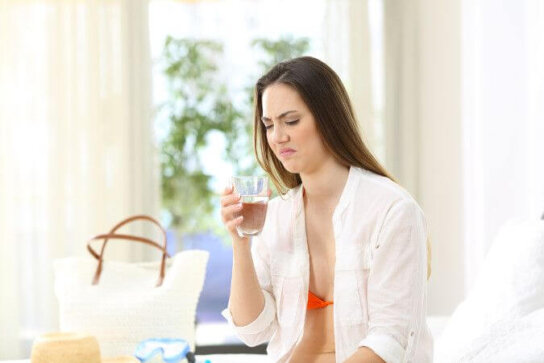
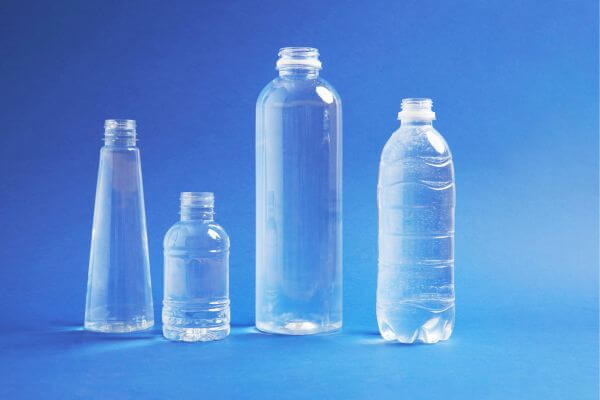
Investing in Your Family’s Future
Ditching the bottled water habit in favor of fresh, filtered water from your home helps your household save a substantial amount of money, along with many other vital benefits.
The price tag of a state-of-the-art water filtration system makes much more financial sense when compared to the real cost of bottled water and the potential dangers and unpleasantness of using whatever comes out of your faucets.
Some 85% of US households regularly deal with the hassle of hard water, which contains high levels of certain minerals like calcium and magnesium. Besides causing a host of issues such as appliance malfunctions, clogged pipes, poor water heater efficiency, and skin irritation, hard water is usually accompanied by a funky smell and bad taste.
That’s why it’s essential to get your water professionally tested as soon as possible. Once you know what’s lurking in your home’s water supply, you can take the necessary steps to protect those closest to you.
Our experienced and licensed plumbers will help you determine which is the best for your specific situation — a reverse osmosis system or a whole house water filter.
Remove an Unparalleled Amount of Toxins
Reverse osmosis (RO) is a simple process for removing harmful elements from your water to make it much safer and healthier to drink.
RO filtration is the most efficient way to purify your home’s water supply, eliminating up to 99% of dangerous contaminants. These products leverage bedrock scientific principles with the latest tech to eradicate these dangerous pollutants that may be present in tap water:
- Lead
- Chloroform
- Radon
- Hexavalent chromium
- Arsenic
- Bromodichloromethane
- Per- and poly-fluoroalkyl substances (PFAS)
- Viruses such as Hepatitis A and Norovirus
- Various bacteria including salmonella, E. coli, and Campylobacter
- Chlorine-resistant parasitic protozoa such as Cryptosporidium parvum and Giardia lamblia
The best RO system for your home is NSF/ ANSI 58 certified, made in America, and BPA-free. You’ll be amazed by the massive improvement in taste and purity and the impressive reduction of total dissolved solids (TDS) and other contaminants, and you’ll love having clean, pure water available anytime at a fraction of the cost of bottled water.
Energy Efficiency and Expert Installation
Whole-house water filters can remove harmful substances like chlorine, pesticides, heavy metals, and bacteria from every sink, shower, bath, dispenser, heater, ice maker, and washer across your entire home.
No one likes showering with a foul eggy aroma, drinking nasty metallic tea, or relaxing in bedding that smells like it sat at the bottom of a pool. Just imagine the convenience and peace of mind of knowing that you and your loved ones can enjoy the cleanest possible water all over the house. No more off-tasting pasta, yellow or brown staining on clothes and dishes, or potentially cancer-causing toxins lurking in your child’s recyclable water bottle.
Filtered water helps your appliances run more efficiently and last for a longer time. Filtration drastically reduces scale buildup, resulting in less damaging sediment in your water heater, dishwasher, and washing machine.
The average total cost of a whole-house water filter is around $2,000 and it pays for itself many times over. Keep in mind that cheaper filtration systems can wind up costing you more in the long run because they typically require more maintenance.
Angel Water only hires the top licensed plumbers who have undergone years of training. Get the most out of your investment and ensure the safety of your family with our professional testing, installation, and maintenance.
Water is Life
The true cost of bottled water is terrible for your wallet, your well-being, and the world at large. By making the switch to a reverse osmosis or whole home water filtration system, you’re not just saving money, you’re contributing to a more sustainable future by reducing waste and fossil fuel consumption.
Founded in 1972, Angel Water is proud to serve home and business owners in the Chicagoland and West Palm Beach communities. Our global Clean Water Project is a major step in our goal to provide as many people as possible with the healthiest, cleanest drinking water.
Contamination and toxins found in bottled and tap water can cause a worrying array of health concerns and long-lasting ill effects. Protect your loved ones by providing access to a pure essential life nutrient — schedule your water testing today!
Interested in a Water Softener System for Your Home?
You don’t have to live with a dry, itchy scalp and brittle hair anymore! It would be our pleasure to help you find the right water softener to make your showers enjoyable again.
Please give us a call at (847) 382-7800 or visit our water softener page to learn more.
